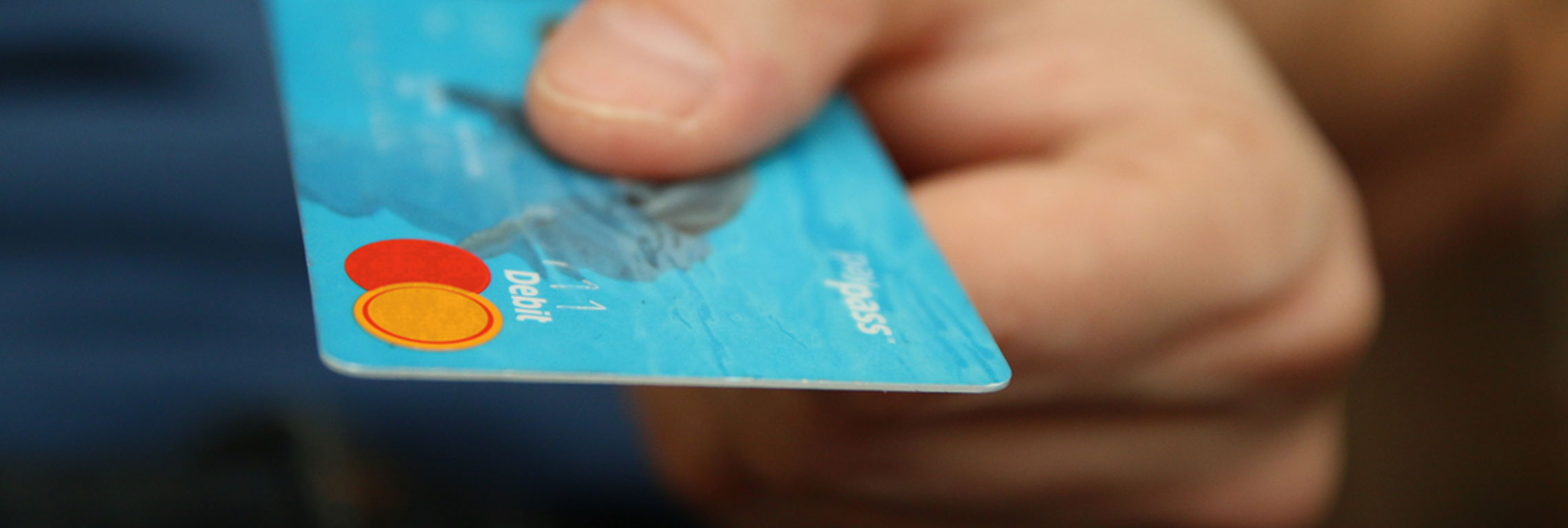It’s in the Cards: 8 Tips to Protect Credit and Debit Cards

The plastic you routinely carry and use daily is just what thieves need to break into your accounts and steal from you. That’s why it’s so important to take the time to safeguard all of your cards and accounts.
1. Cut the cards. Minimize the number of credit and debit cards you use. Carry only one or two at a time.
2. Cancel unused accounts. They’re additional targets for identity thieves. However, be aware that canceling credit cards may affect your credit score adversely.
3. Watch for new cards. Contact your card issuer immediately if a requested credit or debit card doesn’t arrive promptly by mail.
4. Each month carefully review your accounts, including financial statements, bank and credit statements, utility bills and phone bills (including mobile phones) for unauthorized use.
5. Keep a list and/or photocopies of all accounts. Be sure to store that information in a secure place (not in your wallet or purse). Remember to include credit and debit card accounts, bank accounts and investment accounts. List account numbers and phone numbers for customer service and fraud departments so you can contact them quickly if cards are stolen or accounts are abused.
6. Avoid using a PIN-based debit card for purchases when traveling or in any place where you aren't completely familiar with the personnel.
7. With unfamiliar merchants, use a credit card, which is better protected, or elect to use a non-PIN-based transaction. PIN-based transactions are easily ”skimmed,” making your checking account vulnerable to theft.
8. Run debit card purchases as credit. Never use a card as a debit unless it’s absolutely necessary, say at the bank or ATM. Why? Because more protections exist for credit cards, and credit card fraud claims are less likely to get declined.
What to Do If You Suspect That Someone Has Hijacked Your Identity or Stolen Your Credit or Debit Accounts
1. File a detailed report with local law enforcement.
2. Place a fraud alert on your credit file with any one of the three major credit bureaus. An alert signals to potential creditors that you may be a victim of identity theft.
3. Review your credit report thoroughly for any unusual activity.
4. Consider placing a security freeze on your credit report. A freeze locks access to your credit, so no one will be able to open a new account in your name. When you’re applying for credit, you can lift the freeze temporarily.
5. Contact existing creditors—your bank and credit card companies—to tell them you’ve been a victim of identity theft.
6. Victims of debit card fraud should do two things:
a. Notify their financial institution immediately. The time frame to dispute debit card fraud is narrower than it is for credit card fraud.
b. Shut down the card and ask for a new one. This avoids future fraud committed on the same account.
